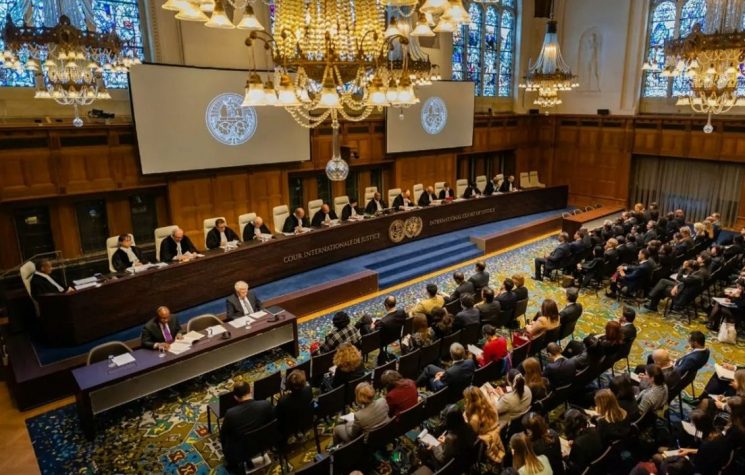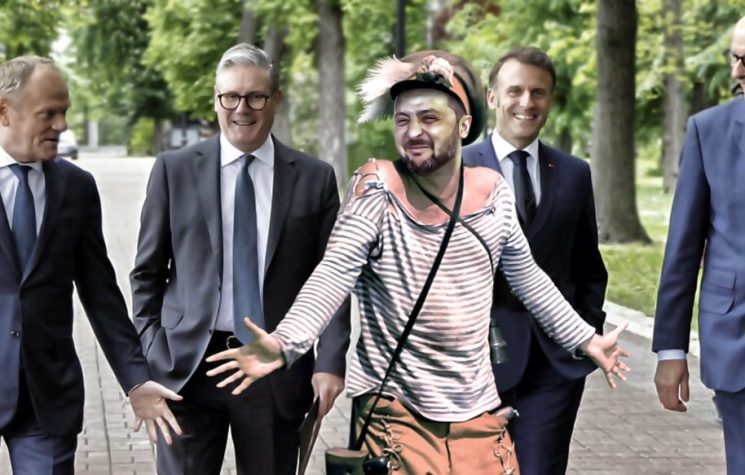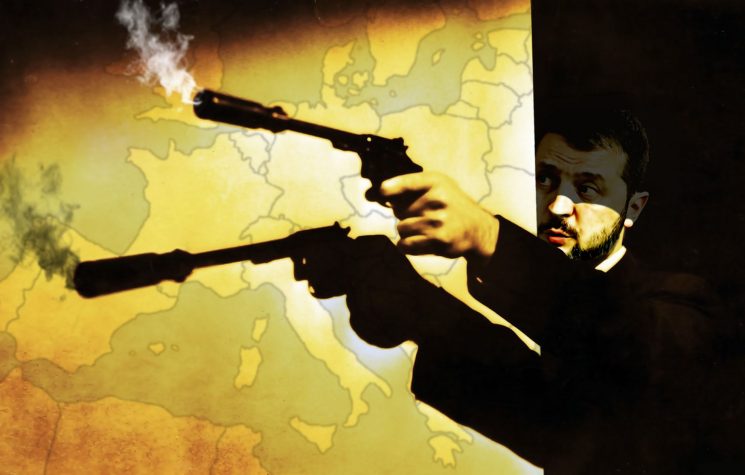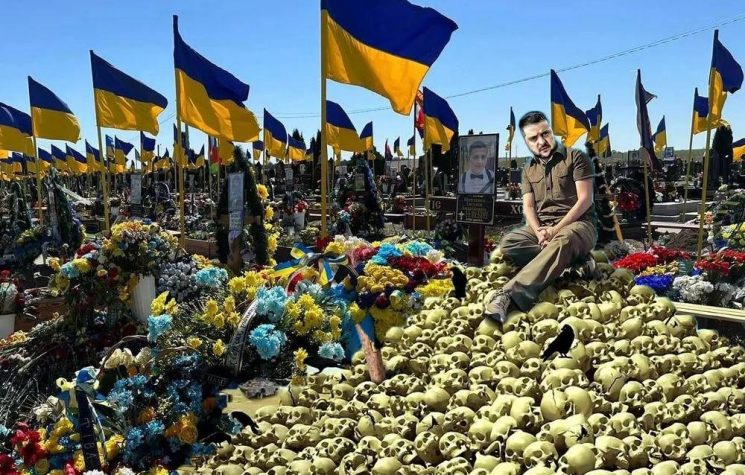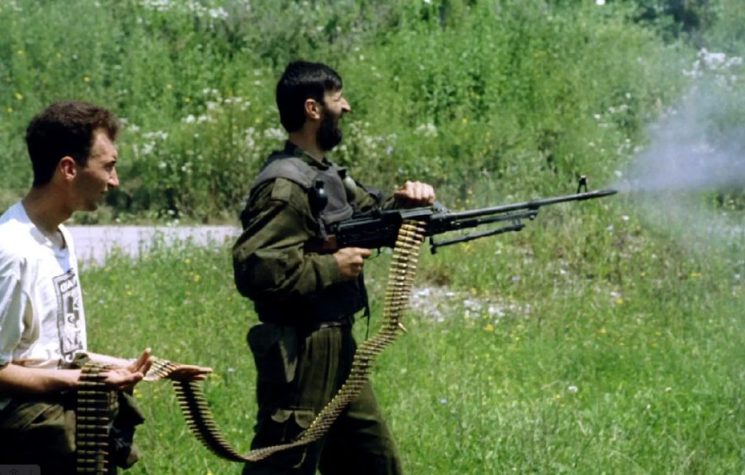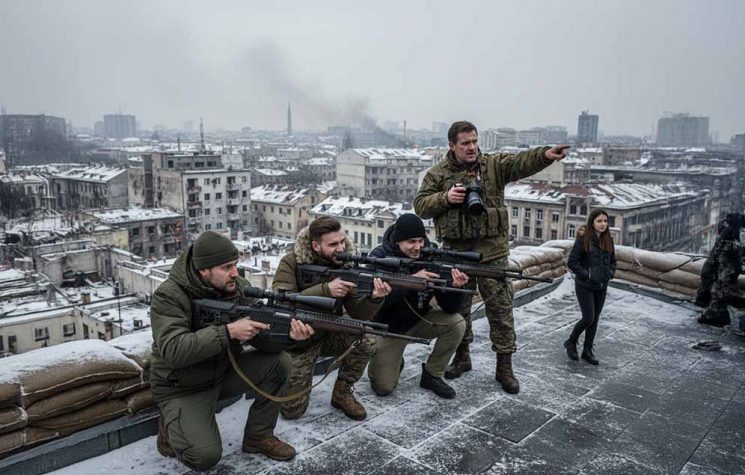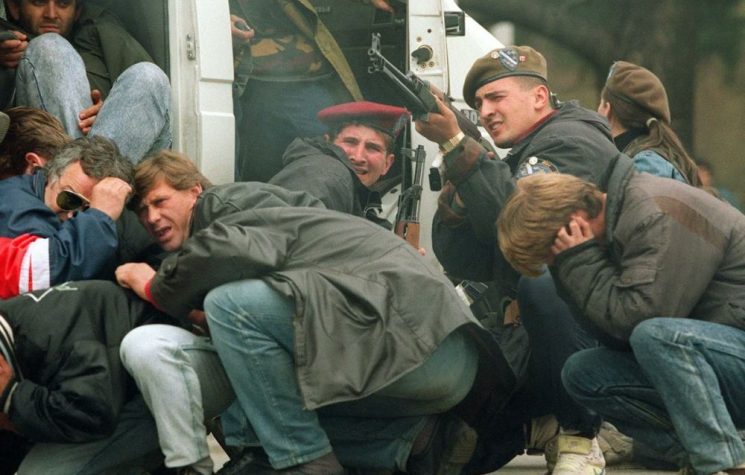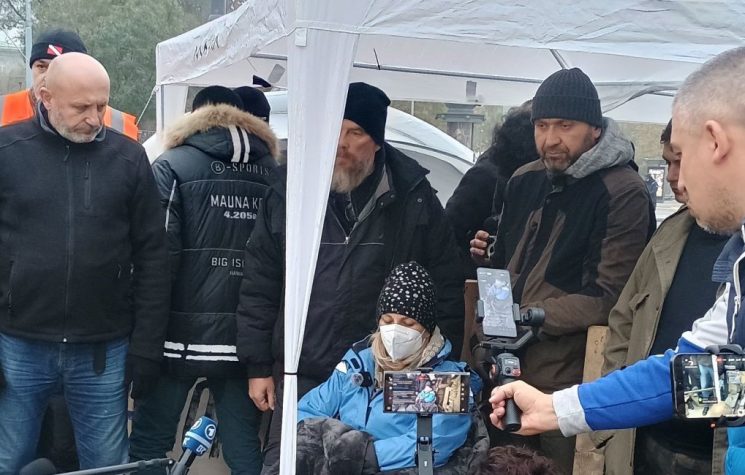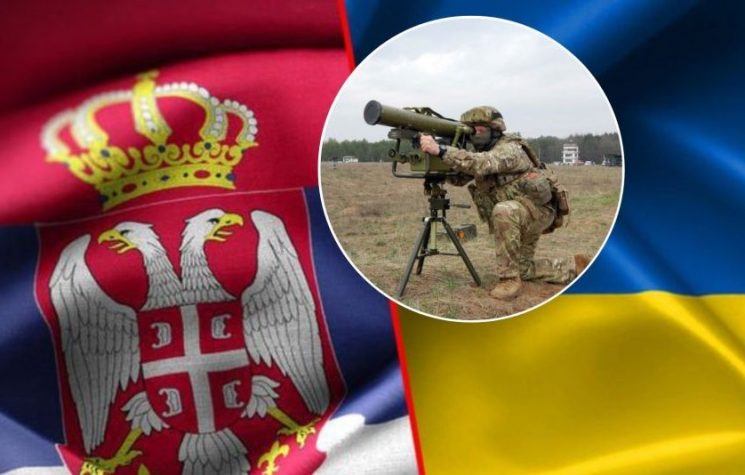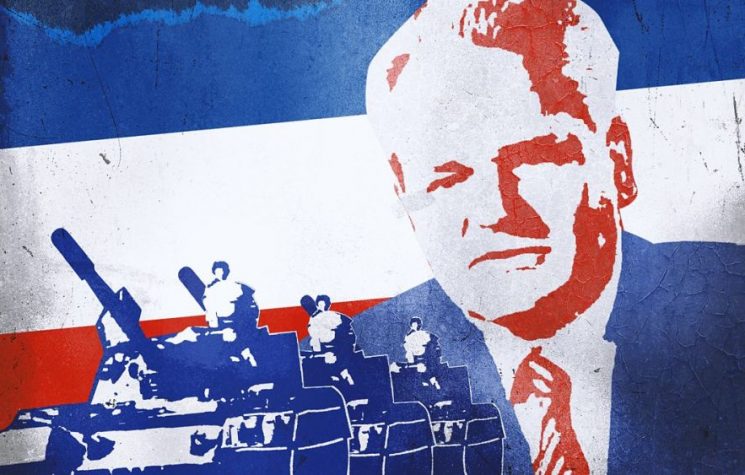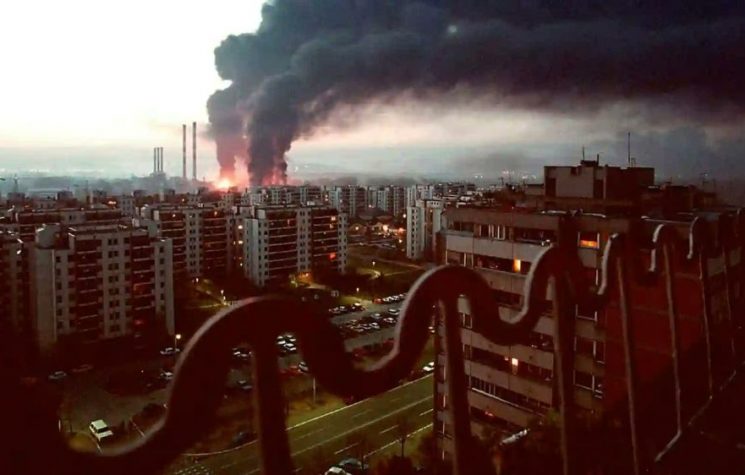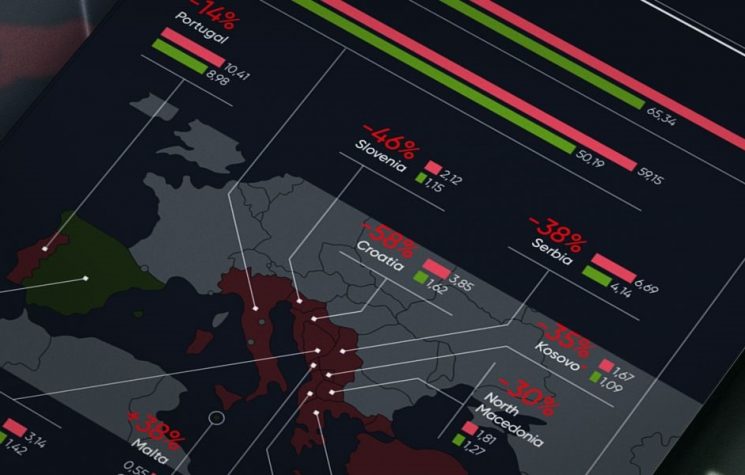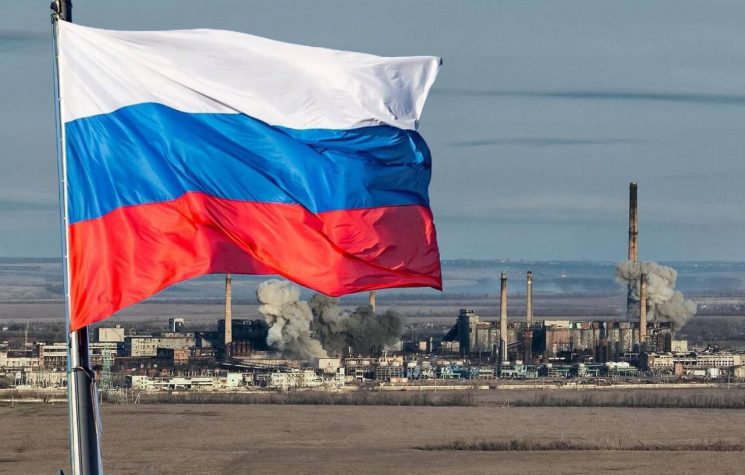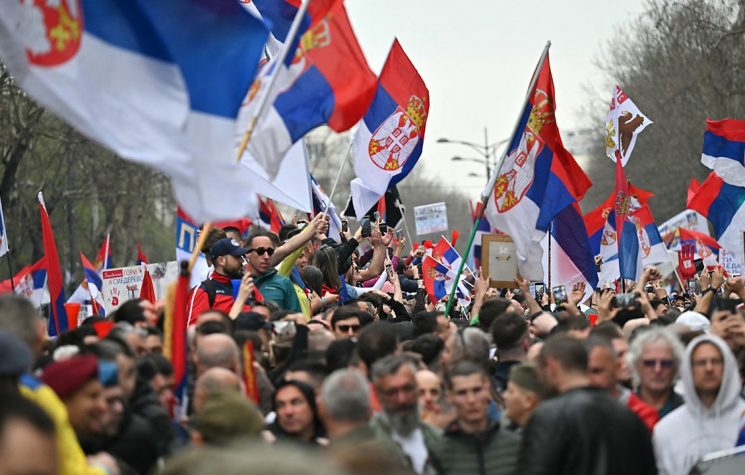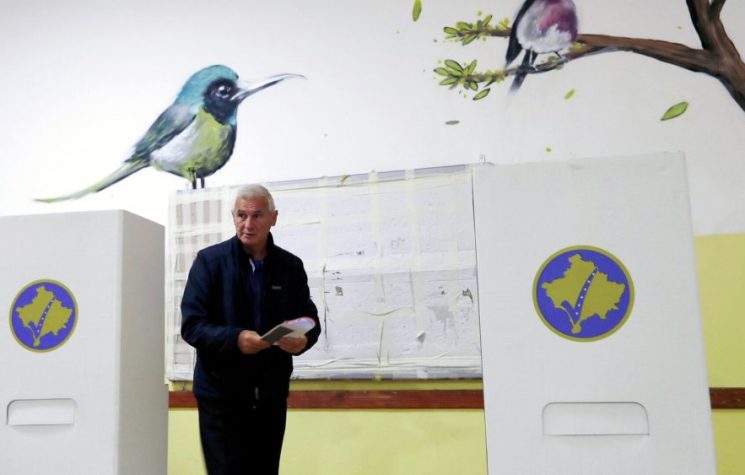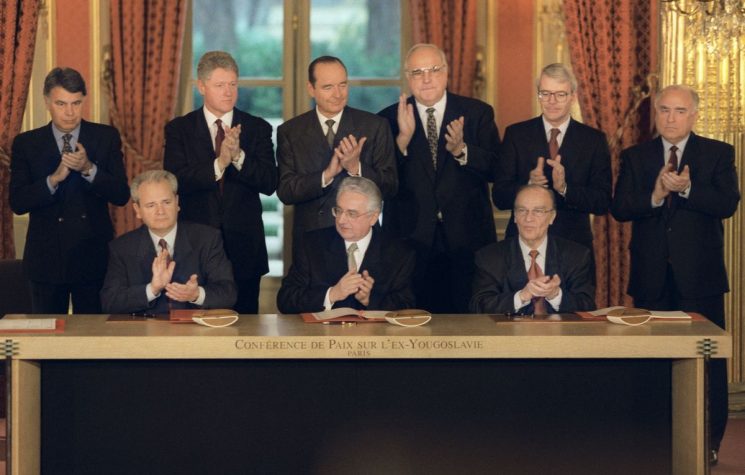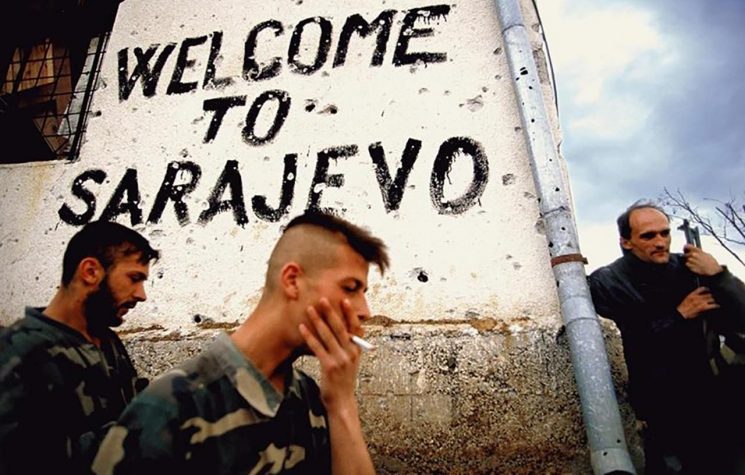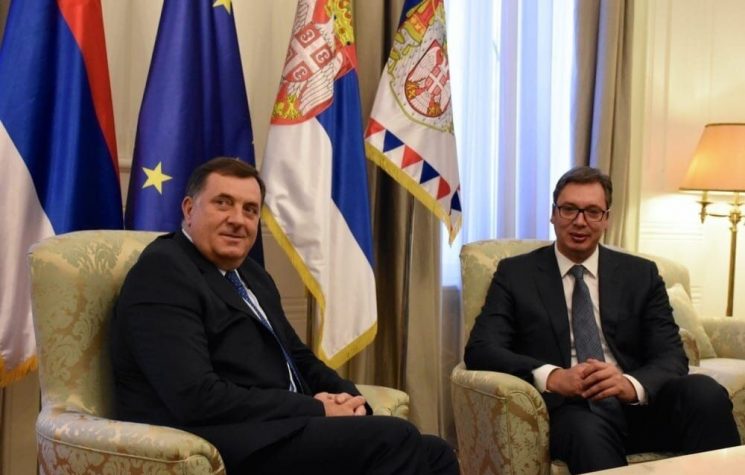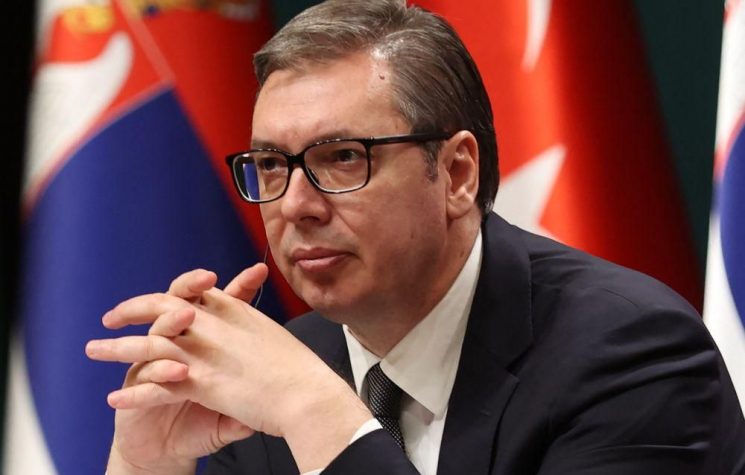One of the more fascinating puzzles is from whom the Serbian government are receiving their crackpot foreign policy advice.
Join us on Telegram![]() , Twitter
, Twitter![]() , and VK
, and VK![]() .
.
Contact us: info@strategic-culture.su
One of the more fascinating puzzles is from whom the Serbian government are receiving their crackpot foreign policy advice. From crackpots, one supposes.
To the bewilderment even of those who had little faith in the capacity of Serbian decision-makers to act in their own rational self-interest (forget the country, to which they are as emotionally attached as the Zelensky gang is to Ukraine) Serbia was present at the “Ukraine – Southeast Europe” summit held in Odessa on 11 June. The event was orchestrated by the Ukraine neo-Nazi regime’s collective West sponsors to rally support for their Kiev proxies and attendance was a key litmus test of loyalty to the party line. Judged by the iniquitous standards of Western “partners” from whose patronage Serbia has no benefits to gain, Belgrade’s conspicuous attendance at the Odessa event was a praiseworthy gesture of abject servitude.
Clearly, Serbia’s official attendance both at the 9 May Victory Day Parade in Moscow, however reluctantly, and also at the Zelensky booster rally in Odessa a month later, is not – as regime propaganda tries to misrepresent it – a masterful balancing act but a desperation commitment to incompatible and schizophrenic foreign policy options. It reflects a complete incapacity of Serbia’s foreign policy brain trust, if such even exists, to realistically assess the complexity of an international situation where every frivolous act carries an enormous cost. It also reflects an amateurish failure to understand that those who consistently engage in such unprincipled conduct ultimately overplay their hand and end up shunned and punished by both sides.
It is particularly noteworthy, and indicative of the supremely bad judgment of Belgrade’s decision-makers, that in Odessa, as in Moscow, Serbia was represented by its President, thus treating very diverse events as if, from Serbia’s point of view, they held the same weight and significance. Even if, its offended protestations to the contrary notwithstanding, the Serbian regime lacked the courage to shrug off its Western “partners” and resist pressure to go to Odessa, it had the option of demonstrating a modicum of independence by sending to Ukraine a lower-level official, such as the Prime Minister or Minister of Foreign Affairs. That at least would have signalled its perception that the Odessa gathering of collective West satraps and neo-Nazi junta supporters was an event of lesser political magnitude than the recent celebration of victory over fascism in Moscow. But nothing of the sort was demonstrated by political dilettantes whose entire ineptly run enterprise is foundering under the stress of irrepressible civil disobedience at home and a succession of policy debacles abroad. They have proved to be a sorry bunch of nincompoops who evidently have lost the capacity to formulate sensible decisions, even in their own narrow self-interest.
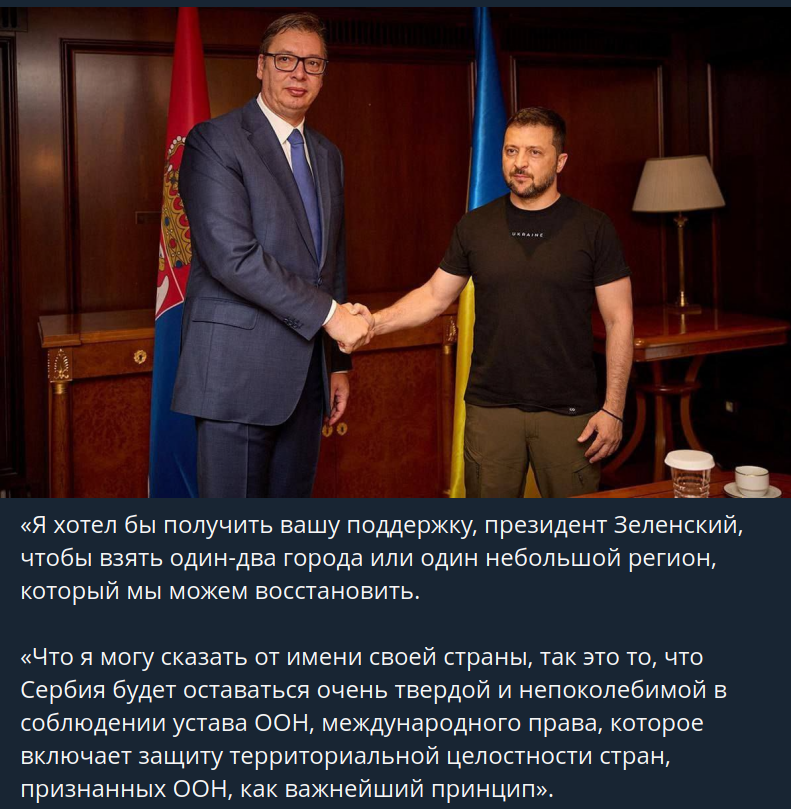
Odessa, June 11, 2025
The Serbian conundrum, in all its nuanced complexity, was not lost on Foreign Ministry spokeswoman Maria Zakharova. In impeccably diplomatic but unmistakeably stern tones she stated that “countries that want to cultivate good relations with Russia but are going to Odessa should honestly face the question of what side they are on.” She also pointedly reminded the Odessa “summit” attendee from Serbia that Russia’s patience is not inexhaustible and that Russia is done being played for a fool:
“Those who claim that they want to develop relations with Russia, to engage in dialogue with it, should first of all ask themselves whether they are on the side of Truth or Neo-Nazism?”
Miss Zaharova stressed the serious nature of the Moscow event, to which Serbia seems to have been dragged kicking and screaming:
“That was not just a routine event, a get-together, but a declaration of rejection of the ideology of Nazism and fascism in the twenty-first century,” Miss Zakharova schooled Russia’s rogue Serbian guest of a month ago from her Foreign Ministry lectern.
“And what ideas will be shared by those who are preparing to gather [in Odessa]? With whom will they be associated? The Kiev regime has glorified Nazi criminals, Bandera, Shukhevich, and the rest of Ukraine’s collaborationist pseudo-heroes.”
All of which leads to the logical conclusion that pleas of invincible ignorance can no longer be sustained:
“If two and a half years ago someone still may have entertained a degree of uncertainty about the nature of the Kiev regime and could have attended so-called ‘Zelensky peace formula’ conferences and ‘summits to provide assistance to the Kiev regime,’ today it is no longer possible to overlook that regime’s terrorist character.’”
Eminently sensible as these reflections are, it seems that the bought and paid for Serbian political elite will continue to stick to their treacherous Agenda, not from ignorance of the consequences of their actions, much less conviction, but out of a sort of irreversible necessity, which is the price of the hubris which has cornered them in an exit-less political labyrinth of their own making. They already have made their choice, so to speak, and now little maneuvering space remains to change course. That invidious choice on every major point runs counter to the wishes and interests of the people they still rule. It consists of the relentless march into the clutches of the moribund European Union, ultimately membership or close association with NATO, and the relinquishment of Kosovo, whose Serbian identity it seems will in the end be safeguarded by Russia alone. The nefarious Agenda to which they are committed will be ruthlessly pursued whilst putting on a simulacrum of independence and avoiding a premature falling out with Moscow where they still have considerable economic and financial interests to look after.
For Serbs, the silver lining in all this is that whilst their rulers are demonstrably unable to distinguish between their own and their country’s national interest, much less to subordinate the former to the latter, distinctions of that nature come effortlessly to the Russian government, who do not conflate the moral turpitude of a transient regime with the nation that regime governs.
After all is said and done, Miss Zaharova continues, “no one will manage to undermine our strategic partnership with Belgrade and centuries-old friendship with the fraternal Serbian people.”
Point taken, touché, and well-spoken gentle lady.












